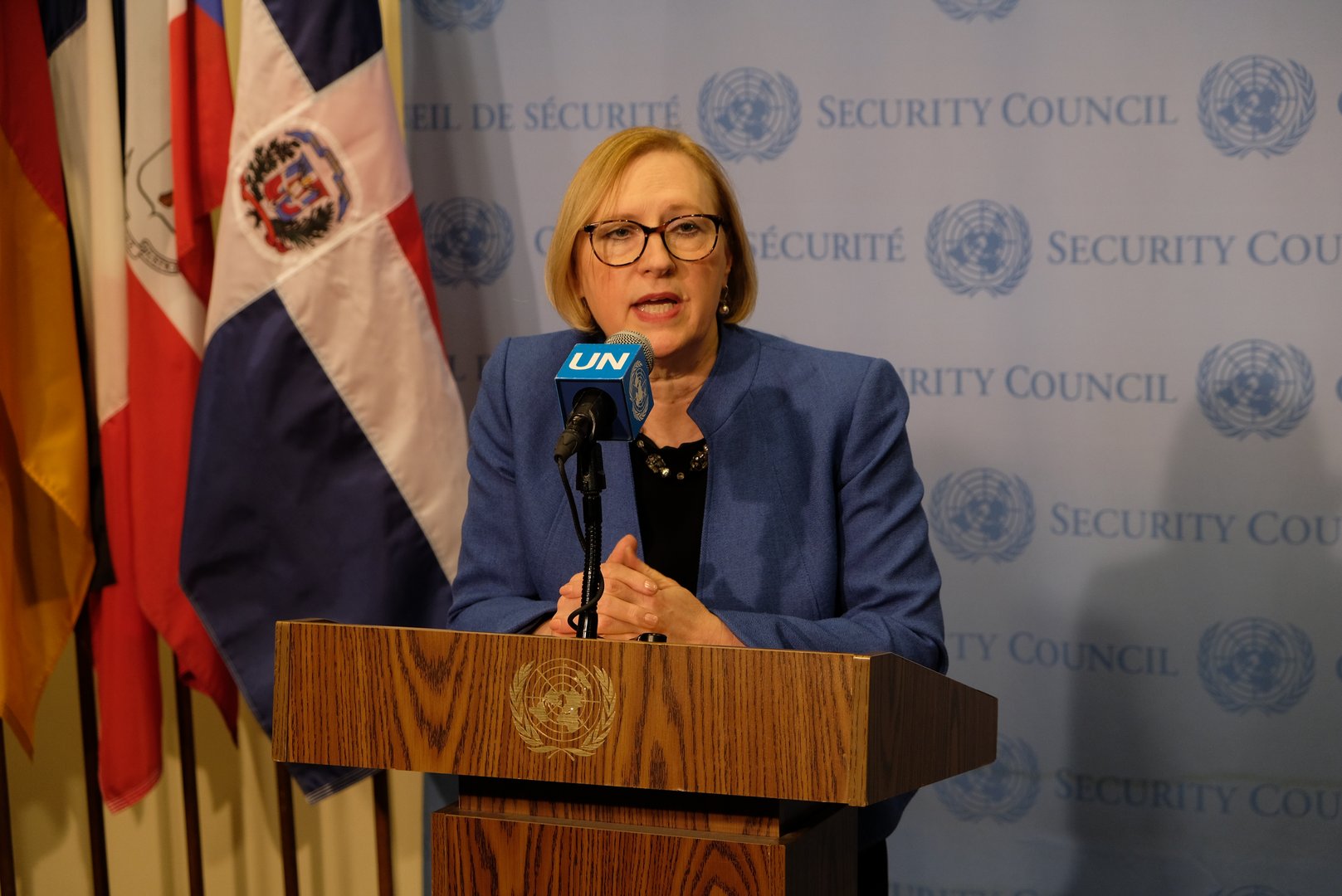By Fahri Zihni
I expressed some concerns about the “statement of common understanding” and how it is being managed by Unficyp in relation to the building of a road between Pile (Pyla) and Yigitler (Arsos), and the bolt-on project to urbanise the Pile/Pyla buffer zone in my last article. Unfortunately we can now see that this “common understanding” is neither common, not understood by anyone.
The statement was initially presented to each community for consideration, with the Turkish Cypriot one provided on October 9, 2023 being so casual that it did not even merit the use of A4 size paper. Each side commented on their version separately, and accepted certain terms, and rejected others, providing the underlying agreement process plenty of scope for divergence.
Without the approval of the Turkish Cypriot Pile community, Greek Cypriot government officers and equipment were sent to the village to parcel out land so that some agriculture and wildlife land could give way to the building of property and a solar farm. Yet, much of this land had been used for decades by Turkish Cypriot villagers for agriculture, alongside Greek Cypriots doing the same elsewhere, and with full knowledge of Unficyp. Turkish Cypriot police intervened to eject those who were engaged in the parcelling-out process. Thankfully, after the Turkish Cypriot leader Ersin Tatar’s conversation with the UNSG António Guterres on the subject, this activity was stopped, avoiding the potential for renewed physical conflict.
In my last article on the Pile-Yigitler road issue, I highlighted a series of actions by Unficyp which provide a categoric dossier of bias against the Turkish Cypriots of the island. For example, to facilitate better transport for Greek Cypriots, the building of the Larnaca-Dhekelia-Ayia Napa road in 1996, and Pyla-Oroklini road in 2004 were allowed to go ahead with no UN objections.
However, for the upgrading of the road between Pile/Pyla and Yigitler/Arsos, Turkish Cypriot requests had been ignored since 1998, and for the first time ever, Unficyp took physical action to prevent this construction by placing a line of soldiers and some concrete blocks on the road. In doing so, it created tension and physical confrontation, and endangered the well-being of UN staff, villagers from Pile/Pyla and Beyarmudu/Pergamos, construction workers and Turkish Cypriot police.
This action is also in sharp contrast with the unauthorised building of 290 prefabricated concrete firing positions, concertina wire fence stretching for 12 km in the buffer zone, an unauthorised university building, student accommodation, cinema and even a shopping centre extension into the buffer zone, all of which were built by the Greek Cypriot side, unimpeded by the UN.
In her report to the UN Security Council dated July 10, 2019, the then Unficyp chief Elizabeth Spehar explained that “While unauthorised farming and hunting within the buffer zone remain the primary source of tension, unauthorised constructions have a far-reaching impact on preserving the integrity of the area until a settlement is reached and, as such, can also heighten tensions. In this regard, Unficyp expressed its concern to senior officials of the Ministry of Foreign Affairs of the Republic of Cyprus about the large amount of civilian construction under way inside the buffer zone in Pyla, a project associated with the adjacent university that has proceeded despite not having been authorised by the mission. The university in Pyla continued to operate without authorisation from Unficyp.”
It defies credulity that current Unficyp leader Colin Stewart is now not only authorising, but promoting the urbanisation of the buffer zone, and in doing so, by Unficyp’s own admission, making a far-reaching impact on preserving the integrity of the area and heightening tensions.
Concerns about the consequences of increased tension are not hypothetical. In Beyarmudu/Pergamos, close to Pile/Pyla, Huseyin Kafa died from eight bullets fired by UN soldiers following an altercation about building a sheep pen near the buffer zone in 1988. Stewart, his successors and Turkish and Greek Cypriots may well regret this attempt at urbanisation, as it will open up a new cans of worms about ownership, access, governance and the UN’s ability to maintain law and order in the buffer zone. These will also inevitably heighten tensions between Greek and Turkish Cypriot border security forces.
In effect, the UN is actually creating an environment for disaffection and potential for conflict between the two communities, instead of diffusing these in their role as peacemakers.
There is agreement across the board that the Pile-Yigitler/Pyla-Arsos road, which comes under the Unficyp category of “Humanitarian Project” will be built after 25 years of prevarication. But why conflate two very distinct issues – the construction of an essential road, with a highly dubious and potentially high-risk proposal to urbanise the buffer zone?
For the urban development, the issue of provision for a full environmental impact assessment process involving local communities, environmental organisations and professional experts has been ignored. Many building contractors will be happy to progress building work as quickly as possible. However, many fair minded people will be dismayed that Unficyp has avoided consulting anyone on the big environmental issues such as damage to nature and wildlife, water and air quality, waste management and many other problems which come with urbanisation. There is no such plan.
Given all the confusion, first and foremost, Unficyp has to bring clarity to what has or has not been agreed, and resolve these differences at the earliest time before stress levels are raised across the board. It would clearly not be advisable to progress any work until this is done. In addition, the villagers and island-wide authorities need to be satisfied that environmental issues are not sidelined or ignored altogether.
Fahri Zihni is former chair of Council of Turkish Cypriot Associations (UK), a former policy advisor at the UK’s Cabinet Office and a former president of Society of IT Management, UK







Click here to change your cookie preferences